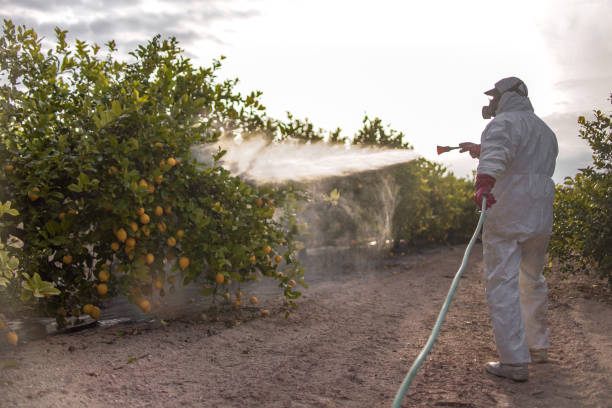A BSc degree with Microbiology or Genetics or Botany or Biotechnology as a major. An average final mark of 60% is required in the applicable modules. Supplementary study may be required.
Requirements for admission
Composition and Content
The one-year honours programme in Plant Pathology leads to the qualification BScHons in Plant Pathology. The programme consists of further specialised study in Plant Pathology. Supplementary studies may sometimes be required. The modules and study tasks add greater depth of learning, building further on a bachelor’s programme with Microbiology or Genetics or Botany or Biotechnology as major subject. The programme s research- and career-oriented and is based on modern technology and the most recently available research in Plant Pathology. It links up with research projects carried out in the Department. The programme consists of the following five modules:
Modules
| Module Name | Module Code | Module Description |
| Plant Pathology | 771 | |
| Plant Pathology | 772 | |
| Plant Pathology | 773 | |
| Plant Pathology | 774 | |
| Plant Pathology | 775 |
Requirements for admission
BScAgric (Plant Pathology) – an average mark of 60% is required in the Plant Pathology final year modules.
BScHons (Plant Pathology)
Composition and Content
The programme consists of only a research component.
Master's Thesis
Research projects can be selected from one of the following themes: Fungal taxonomy (description and reclassification of known and new fungi by the application of various methods, such as molecular technology); applied molecular plant pathology, including the use of molecular-based techniques for the detection, diagnosis and characterisation of plant pathogenic populations of vines, deciduous fruit, citrus and agronomic crops; pre- and postharvest pathology in deciduous fruit, vines and citrus (status and behaviour of inocula on fruit surfaces, infection processes and plant resistance reactions); stem diseases in vines (ethiology, diagnosis, epidemiology and integrated management); use of fungicides (spray technology) and fungal resistance (sensitivity in wild populations and disruption after fungicide exposure, management of fungicide resistance in fruit orchards, vine yards and agronomic crops: integrated management (chemical, biological and alternative compounds) of diseases in deciduous fruit, vines, citrus and agronomic crops. New or existing disease epidemics of economic importance are also researched.
Requirements for admission
MSc (Plant Pathology) or
MScAgric (Plant Pathology)
Composition and Content
A dissertation containing original research is required.
PhD's dissertation
Research projects can be selected from one of the following themes: Fungal taxonomy (description and reclassification of known and new fungi by the application of various methods, such as molecular technology); applied molecular plant pathology, including the use of molecular-based techniques for the detection, diagnosis and characterisation of plant pathogenic populations of vines, deciduous fruit, citrus and agronomic crops; pre- and postharvest pathology in deciduous fruit, vines and citrus (status and behaviour of inocula on fruit surfaces, infection processes and plant resistance reactions); stem diseases in vines (ethiology, diagnosis, epidemiology and integrated management); use of fungicides (spray technology) and fungal resistance (sensitivity in wild populations and disruption after fungicide exposure, management of fungicide resistance in fruit orchards, vine yards and agronomic crops: integrated management (chemical, biological and alternative compounds) of diseases in deciduous fruit, vines, citrus and agronomic crops. New or existing disease epidemics of economic importance are also researched.



